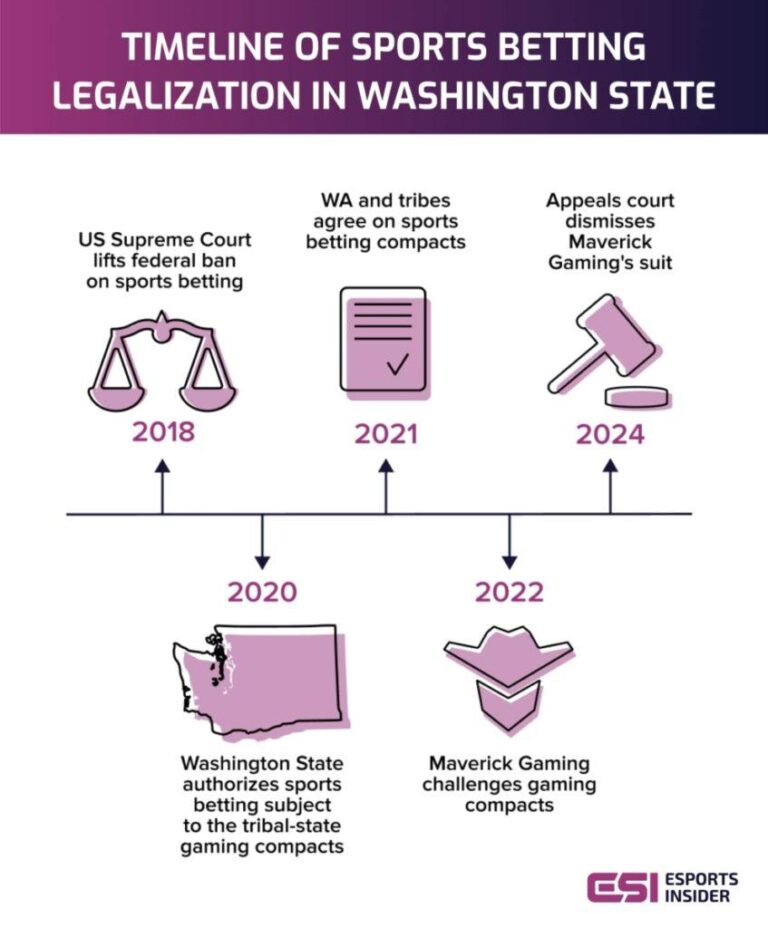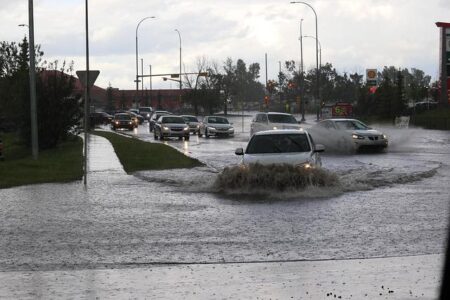Washington State’s Sports Betting Expansion: Navigating Regulatory Challenges and Future Prospects
Regulatory Challenges Stalling Sports Betting Growth in Washington
Washington state’s efforts to broaden its legal sports betting framework have encountered substantial regulatory obstacles, causing a temporary standstill. Despite widespread enthusiasm from industry players and the public alike, state regulatory bodies have expressed reservations about the proposed oversight mechanisms. These concerns have led to indefinite postponements as officials strive to reconcile the integration of advanced technologies with stringent consumer protection standards. The state’s cautious stance reflects a commitment to preventing issues such as underage gambling and fraudulent activities, emphasizing a responsible and secure betting environment.
Current deliberations among lawmakers and regulators center on critical components including:
- Transparent licensing procedures designed to foster fair competition and accountability among operators
- Robust data protection protocols to safeguard bettors’ personal and financial information
- Effective enforcement strategies aimed at curbing unauthorized and illegal betting activities
Balancing economic incentives with public safety remains a complex challenge. Stakeholders anticipate the release of comprehensive guidelines that will pave the way for a fully operational sports betting market in Washington.
Economic and Social Implications of the Sports Betting Delay
The postponement of expanded sports betting has compelled numerous local enterprises‚ÄĒespecially bars, eateries, and betting venues‚ÄĒto reevaluate their business plans amid rising expectations. These businesses had forecasted increased patronage and revenue streams from sports bettors eager to access new wagering options. The delay has not only stalled these financial prospects but also forced many to defer renovations and marketing initiatives tailored to attract the sports betting demographic. Small business owners have voiced concerns about missing out on a crucial economic stimulus that the expansion promised.
For sports fans, the hold-up has generated disappointment and uncertainty. Many anticipated a legalized, enhanced betting experience that would amplify the excitement of following local and national sports events. The delay has also disrupted casual bettors’ plans to engage with safer, regulated platforms. Key consequences include:
- Restricted betting options limiting user engagement and potential earnings
- Suspension of community sports betting events affecting social cohesion and local culture
- Temporary halt in job creation within the sports betting sector
| Group | Anticipated Advantage | Effect of Delay |
|---|---|---|
| Local Enterprises | Boosted sales and customer visits | Revenue decline and paused marketing efforts |
| Sports Fans | Access to secure, legal betting platforms | Limited wagering choices and reduced participation |
| Industry Workforce | Expansion of employment opportunities | Hiring freezes and postponed job openings |
Legal and Legislative Barriers Impeding Sports Betting Expansion
The advancement of sports betting in Washington is currently hindered by a complex interplay of legal and legislative challenges. Central to these issues is the absence of a unified regulatory framework, which has led to uncertainty and stalled progress. Lawmakers are caught between the need to protect consumers and the desire to foster industry growth, while various interest groups voice opposition‚ÄĒsome arguing for stricter controls, others for more leniency. This deadlock has left operators and bettors in a state of uncertainty.
Major obstacles include:
- Discrepancies between state and federal gambling laws: These inconsistencies complicate licensing and regulatory compliance.
- Resistance from tribal gaming authorities: Tribes, which hold exclusive rights to certain gambling activities, are concerned that expanded sports betting could encroach on their established domains.
- Ongoing public policy debates: Discussions about problem gambling prevention and the allocation of generated revenues continue to delay legislative consensus.
| Issue | Consequence |
|---|---|
| Regulatory Uncertainty | Postponed operator licensing |
| Tribal Opposition | Legal conflicts and negotiation delays |
| Public Health Concerns | Heightened scrutiny on protective policies |
Strategic Recommendations for Revitalizing Sports Betting Expansion
To reignite progress in Washington’s sports betting sector, policymakers must adopt a transparent, inclusive approach that engages all relevant parties. Essential strategies include:
- Collaborating with Tribal and Commercial Stakeholders to develop regulatory frameworks that honor existing agreements while encouraging healthy competition.
- Strengthening Consumer Protection through the deployment of advanced responsible gambling tools and consistent enforcement.
- Streamlining Licensing Procedures to minimize bureaucratic delays and attract innovative market entrants.
- Launching Public Education Initiatives to raise awareness about safe betting practices and the economic advantages of a regulated market.
Employing data-driven insights is crucial for anticipating market trends and addressing emerging challenges. Utilizing analytics can help craft adaptive policies that balance revenue generation with social responsibility. The following table outlines a targeted framework for policymakers to facilitate the resumption of sports betting expansion:
| Policy Focus | Immediate Measures | Anticipated Results |
|---|---|---|
| Regulatory Coordination | Organize multi-stakeholder forums | Reduced conflicts and clearer market regulations |
| Player Protection | Implement enhanced monitoring systems | Greater player safety and confidence |
| Technological Advancement | Simplify approval for tech providers | Accelerated adoption of innovative betting platforms |
Final Thoughts on Washington’s Sports Betting Landscape
As Washington state continues to grapple with the intricate legal and regulatory complexities surrounding the expansion of sports betting, the industry’s trajectory remains uncertain. Stakeholders, including lawmakers, regulators, businesses, and bettors, will be closely watching forthcoming developments. The current pause highlights the delicate balance between fostering innovation, ensuring consumer protection, and maintaining effective market oversight in the evolving realm of legalized gambling.







